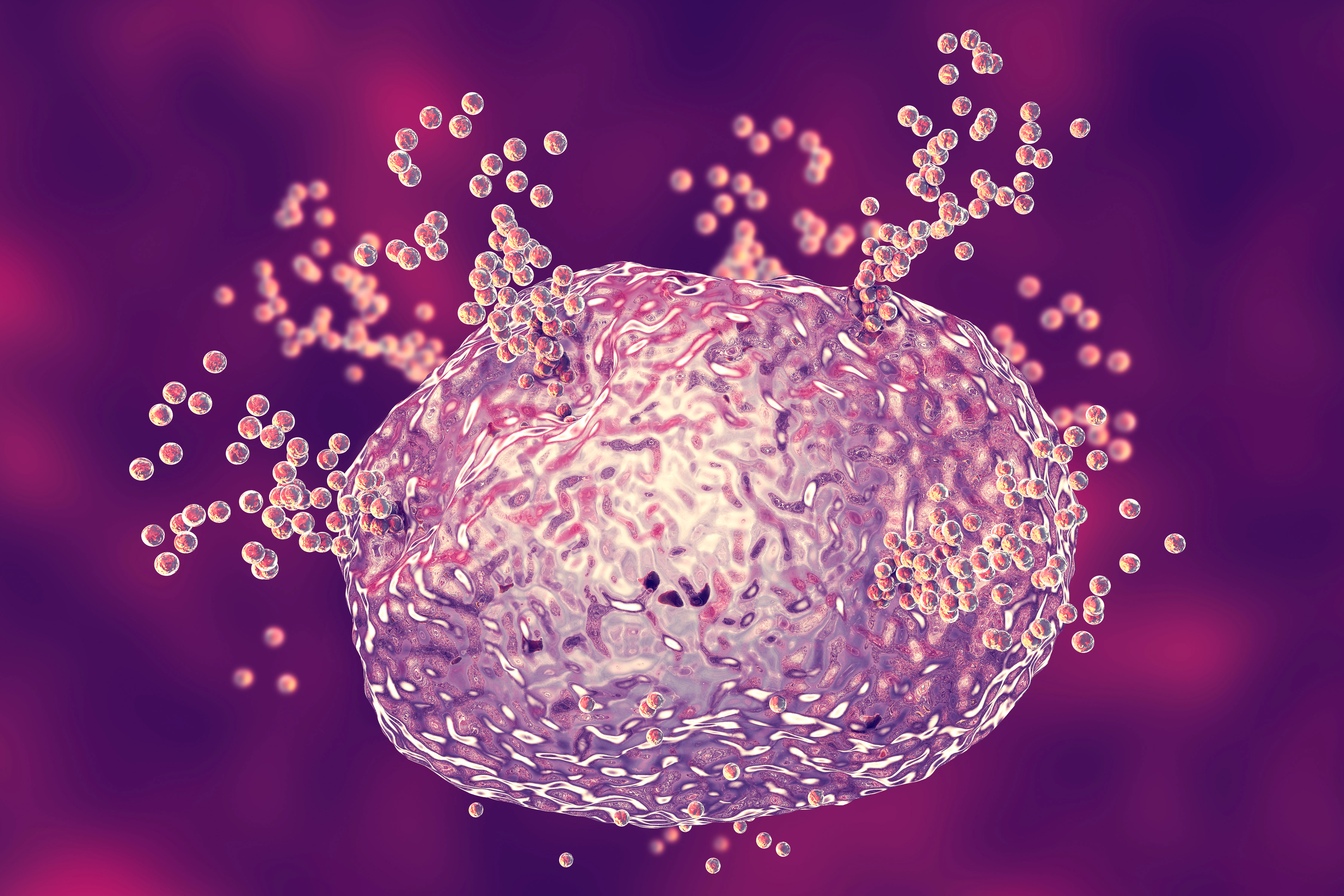Immunological Biochemistry Lab

Our research group investigates how protein antigens interact with the immune system to shape immune responses. By exploring these molecular interactions, we aim to uncover the etiology of immunological diseases and improve diagnostic tools, prognostic assessments, and therapeutic strategies.
Our primary focus is allergy cross-reactivity—how structurally similar proteins from food and pollen, typically harmless, are misrecognized by the immune system of sensitized individuals, leading to reactions ranging from mild inflammation to anaphylactic shock. We investigate what makes specific proteins allergenic and what molecular rules govern cross-reactivity across protein families.
To address these questions, we integrate protein design and engineering with structural biology and novel therapeutic delivery platforms such as mRNA. Our goal is to develop broad-spectrum allergy immunotherapies capable of treating cross-allergy with a single intervention.
Our primary focus is allergy cross-reactivity—how structurally similar proteins from food and pollen, typically harmless, are misrecognized by the immune system of sensitized individuals, leading to reactions ranging from mild inflammation to anaphylactic shock. We investigate what makes specific proteins allergenic and what molecular rules govern cross-reactivity across protein families.
To address these questions, we integrate protein design and engineering with structural biology and novel therapeutic delivery platforms such as mRNA. Our goal is to develop broad-spectrum allergy immunotherapies capable of treating cross-allergy with a single intervention.
Goal: To develop broad-spectrum allergy immunotherapies capable of treating cross-allergy with a single intervention.
We work with microbial expression systems (bacteria and yeast) to produce recombinant allergens and use biophysical techniques—circular dichroism, fluorescence spectroscopy, nanoDSF—for structural characterization. Our immunological assays include IgE ELISA, western blotting, RBL-2H3 degranulation, flow cytometry, co-culture with primary immune cells and in vivo studies with mice. We also apply high-throughput epitope mapping using yeast surface display to dissect allergen-specific immune responses.
We are a highly collaborative lab at the interface of structural biology, immunology, and clinical research, working closely with medical partners to translate molecular insights into real-world applications.
We are a highly collaborative lab at the interface of structural biology, immunology, and clinical research, working closely with medical partners to translate molecular insights into real-world applications.


